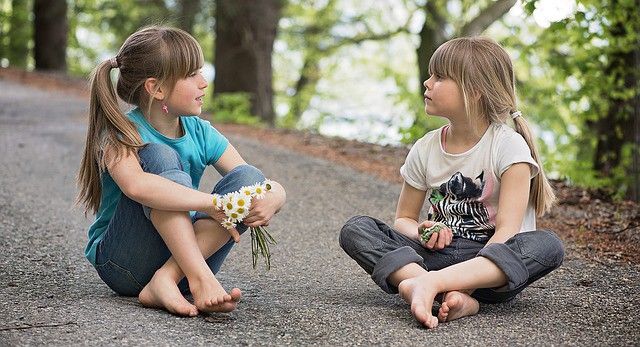For young children, friendships are often formed based on who is physically closest to them
in the playgrounds. However, friendships slowly become more reciprocal as children start
developing the sense of personal boundaries. They begin to monitor and appropriately
regulate their interpersonal space to obtain a comfortable distance of interaction with
others.
Awareness of personal space becomes one of the key social skills in building friendships with
others in school. It enables safe and comfortable interactions between children. When
personal space is violated, the person may move away to reinstate the margin of safety.
Thus, personal space is fundamentally a zone of safety surrounding the body.
Some children may find it challenging to navigate a new school and make new friends as
they do not understand the concept of personal space and unaware of the social cues
presented by others. Children with specific sensory preferences may experience different
personal space issues. For instance, they might unknowingly discomfort someone as they
constantly touch or hug people without consent.
For these needs, occupational therapists are there to provide children with the necessary
social trainings so that they can develop the skills and knowledge in maintaining appropriate
distance with others and setting their own social boundaries.
The followings are some occupational therapy strategies to address personal space and
body awareness with children:
● Teaching self-regulation techniques, such as progressive muscle relaxation, self-
awareness, and mindfulness, to decrease anxiety while improving body awareness
● Developing sensory tactics that can help to calm or regulate sensory needs such as
deep breathing exercises, heavy work input, or deep pressure
● Coaching the child to explore their own preferences for personal space in a given
situation
● Joining small social skills group for a low-stress social gathering
● Practising social skills interactions that may come up in a given situation
You may also practise the following strategies with your children at home to support their
understanding of personal space:
● Give your child verbal reminders about privacy
● Give your children options about touch. before you hug and kiss them, ask them if
they feel comfortable with you giving them affection and in what ways.
● Create spaces at home for each child and make other family members ask for
permission before accessing it.
Children with learning disorders might not inherently understand everyone's need for
personal space. By teaching them how to uphold other people's boundaries and consider
the privacy needs in others, you can ensure that they treat everyone with respect.
Ultimately, this can help them build healthy, thriving relationships throughout their lifetime.
